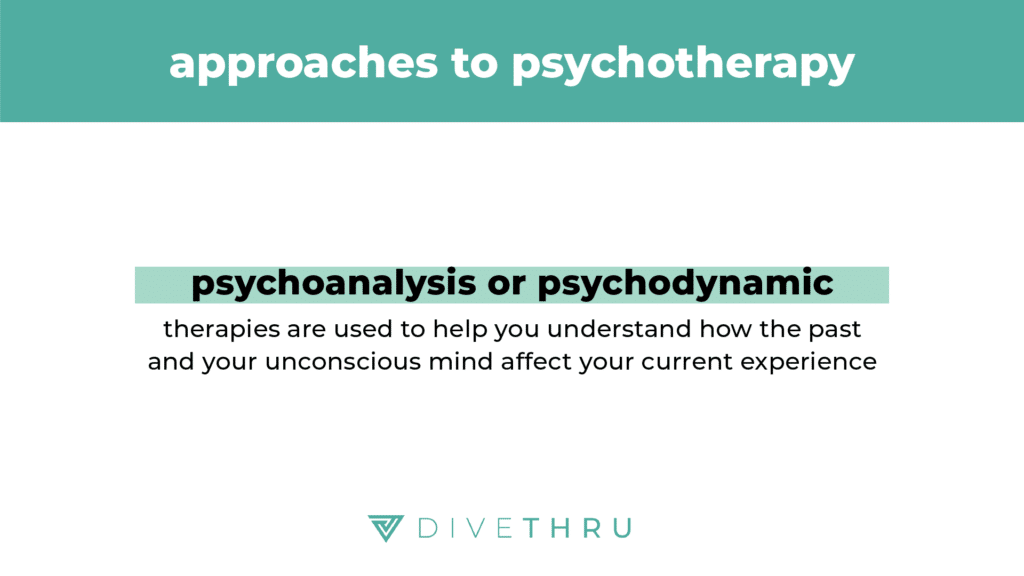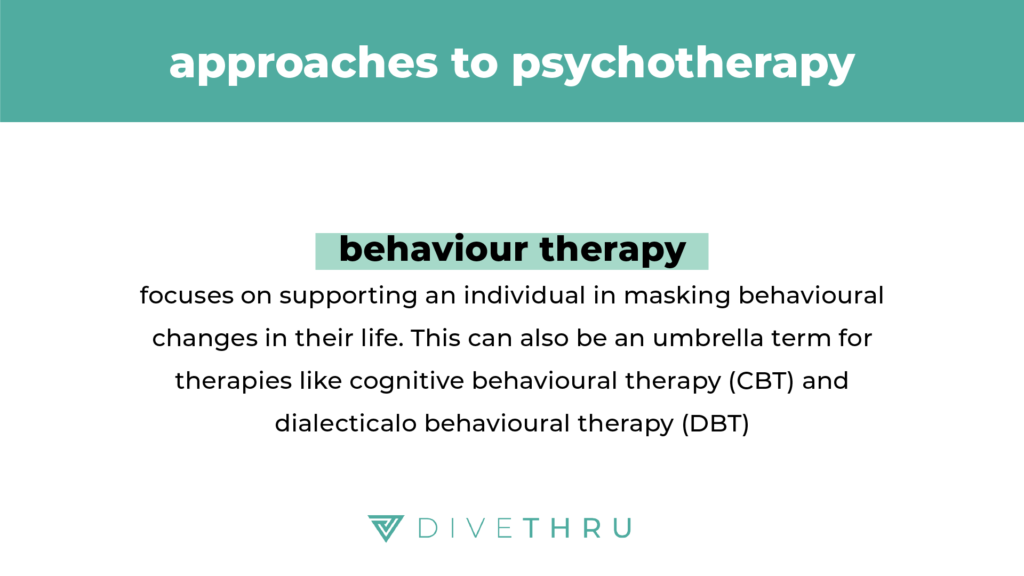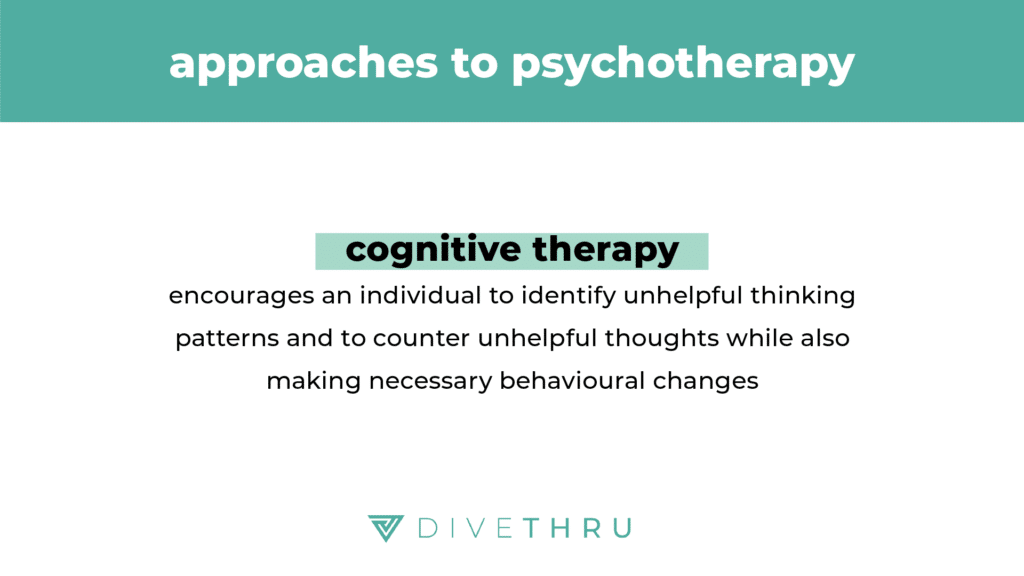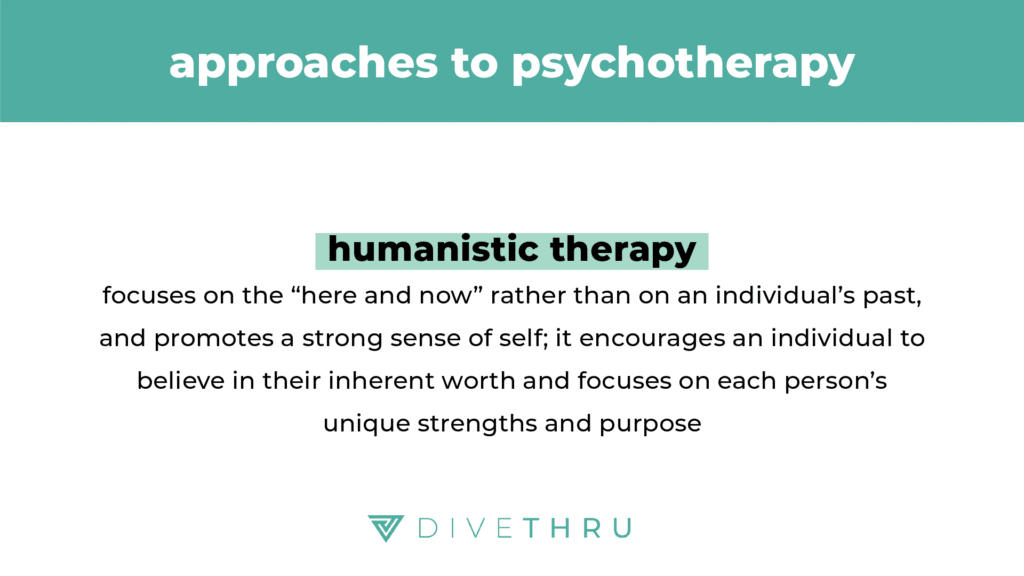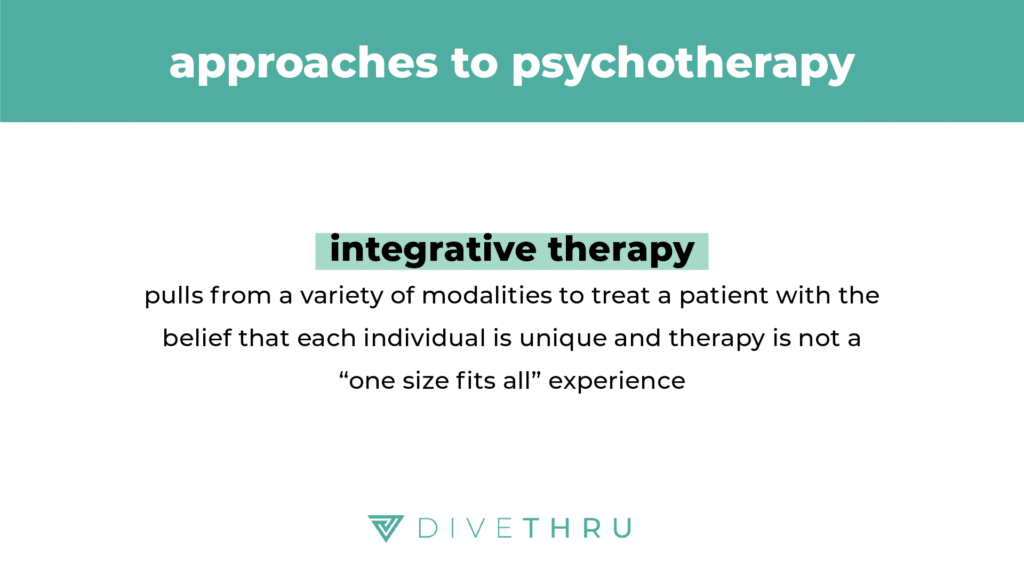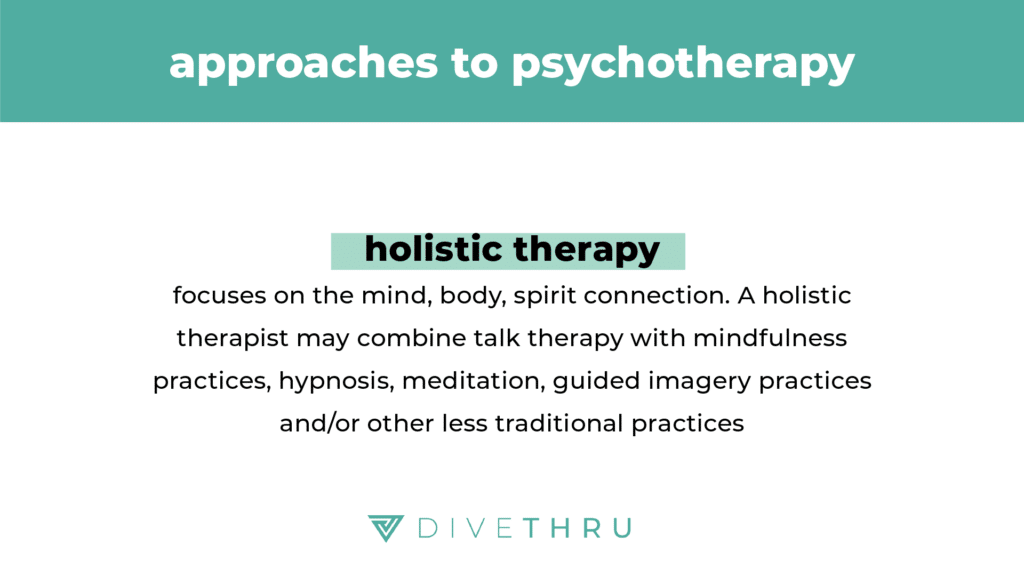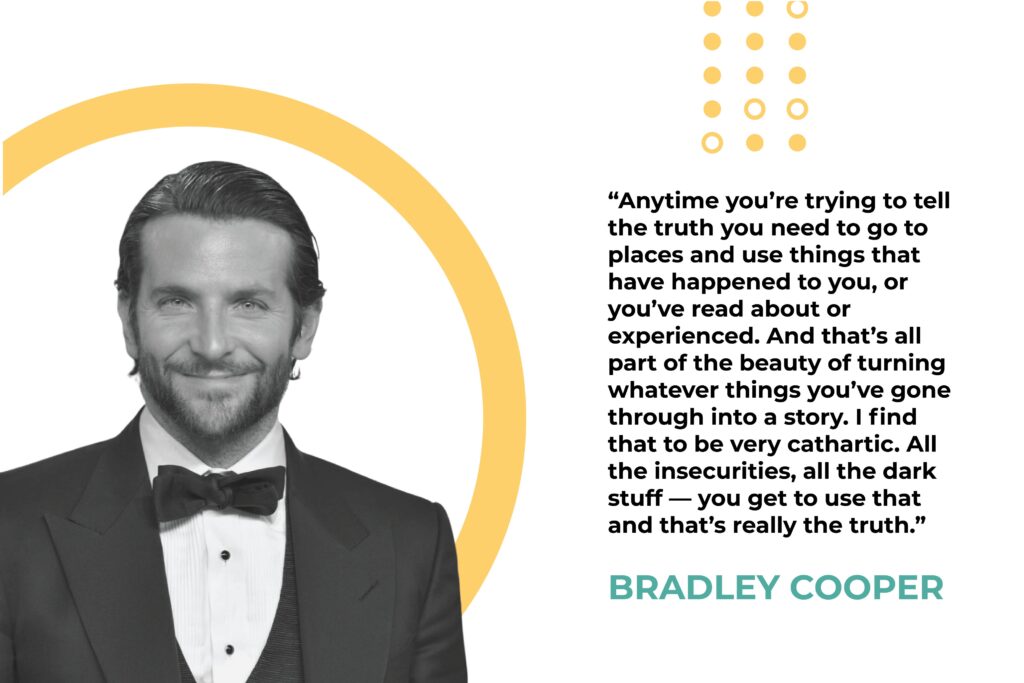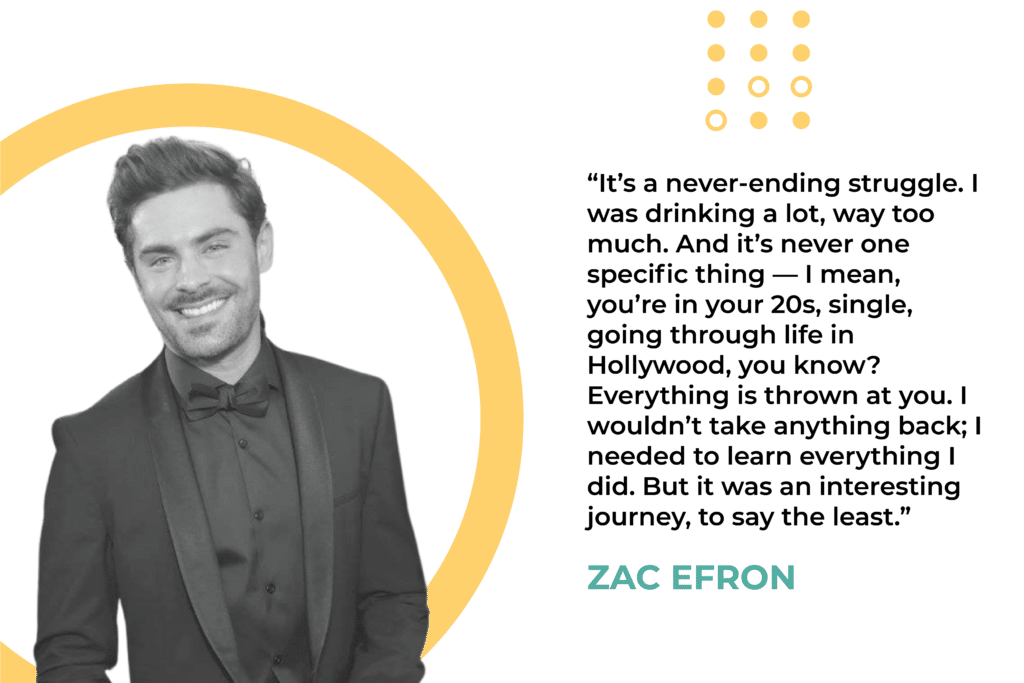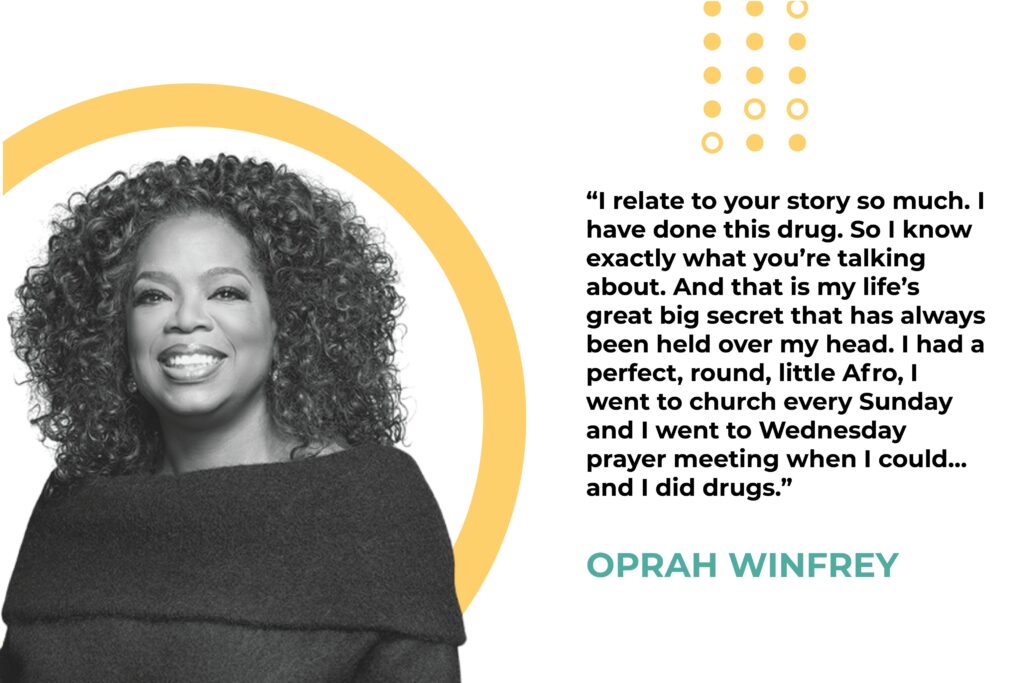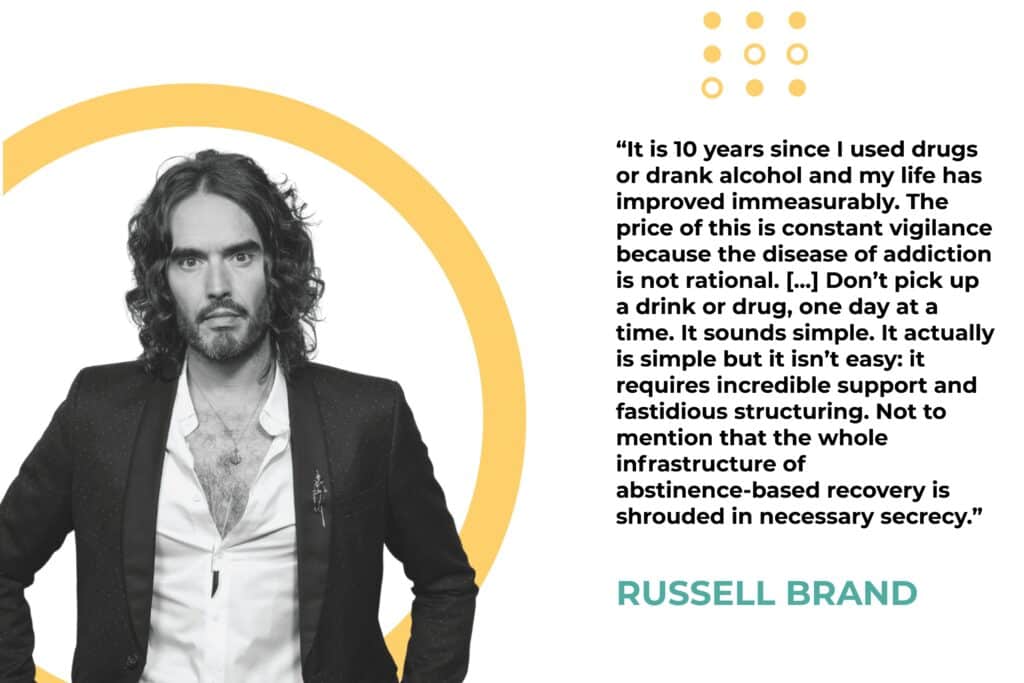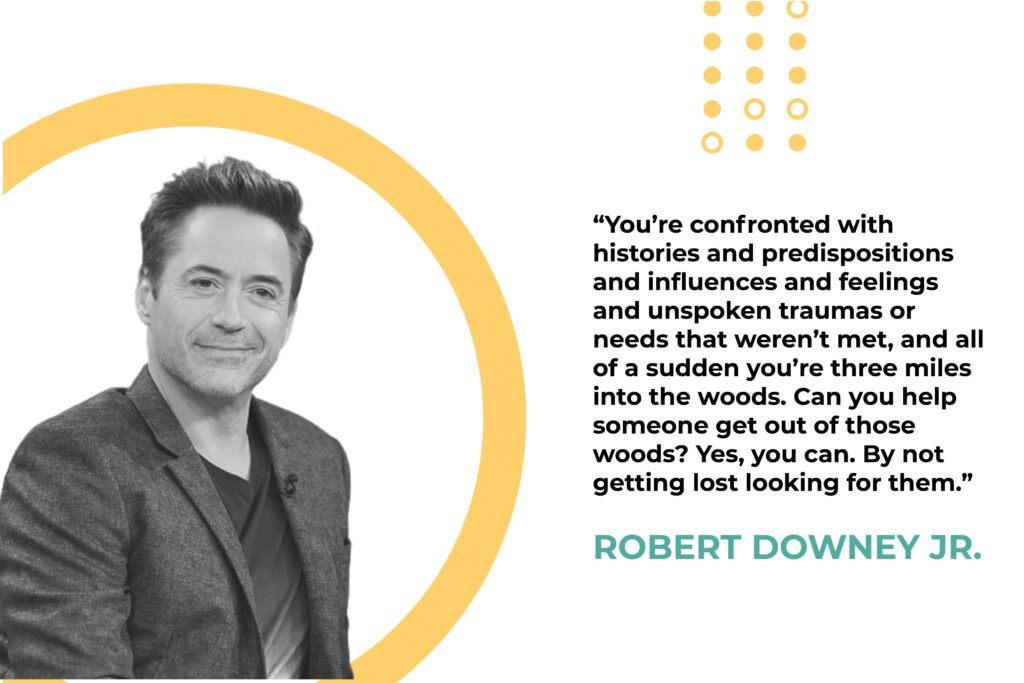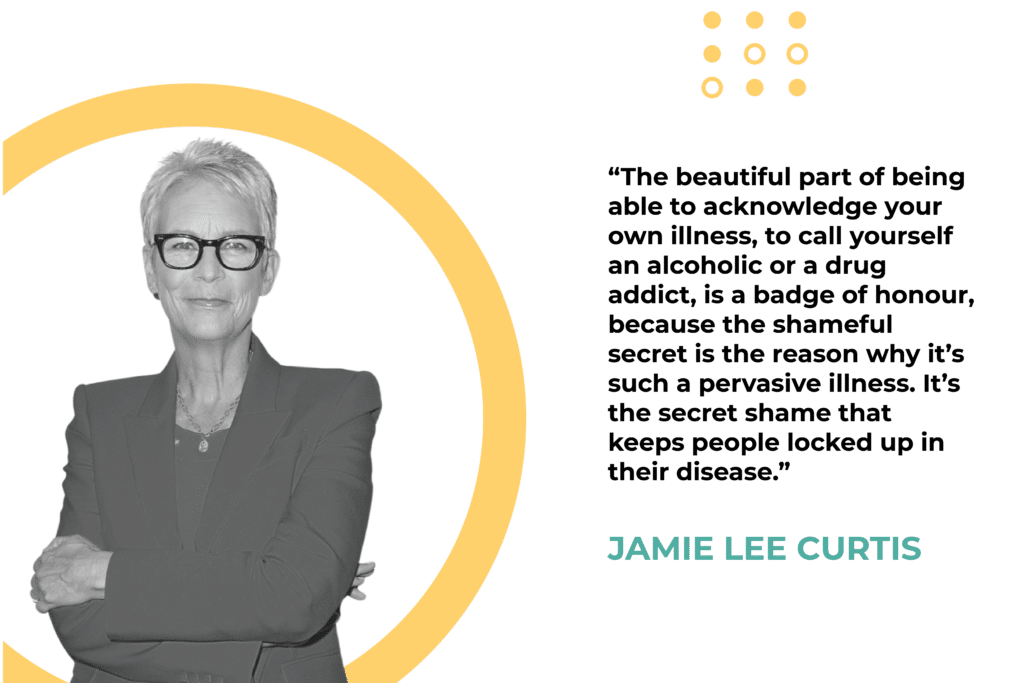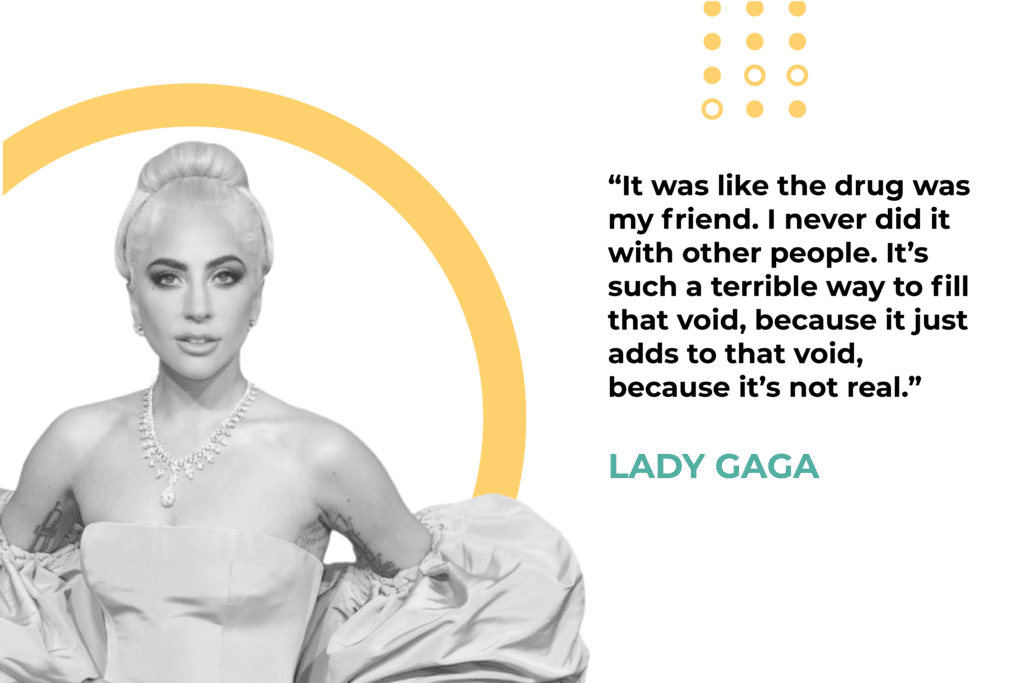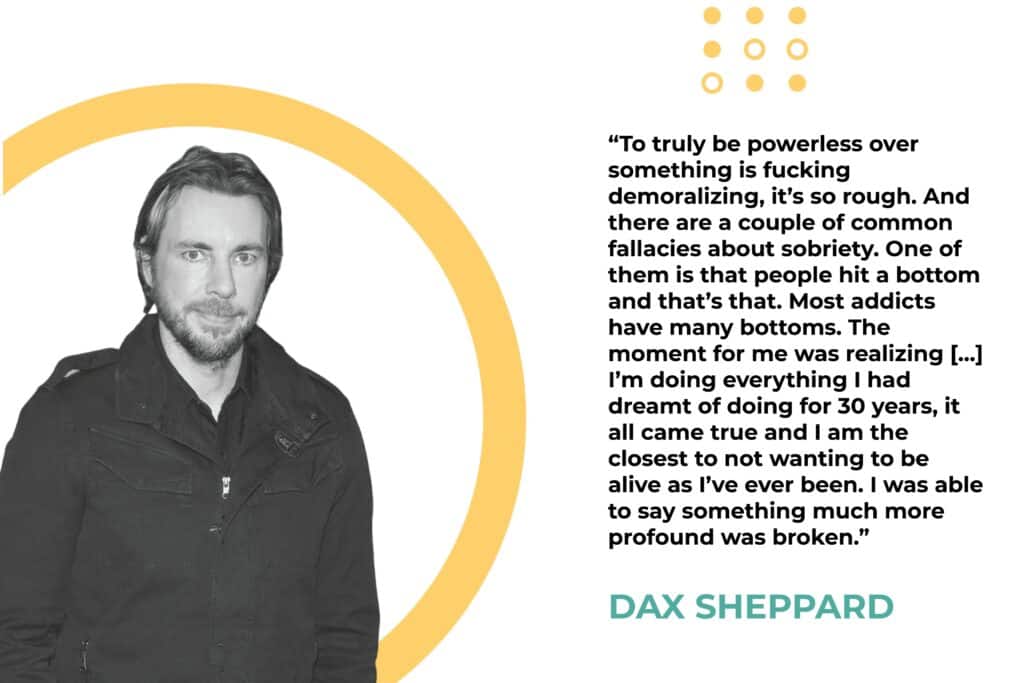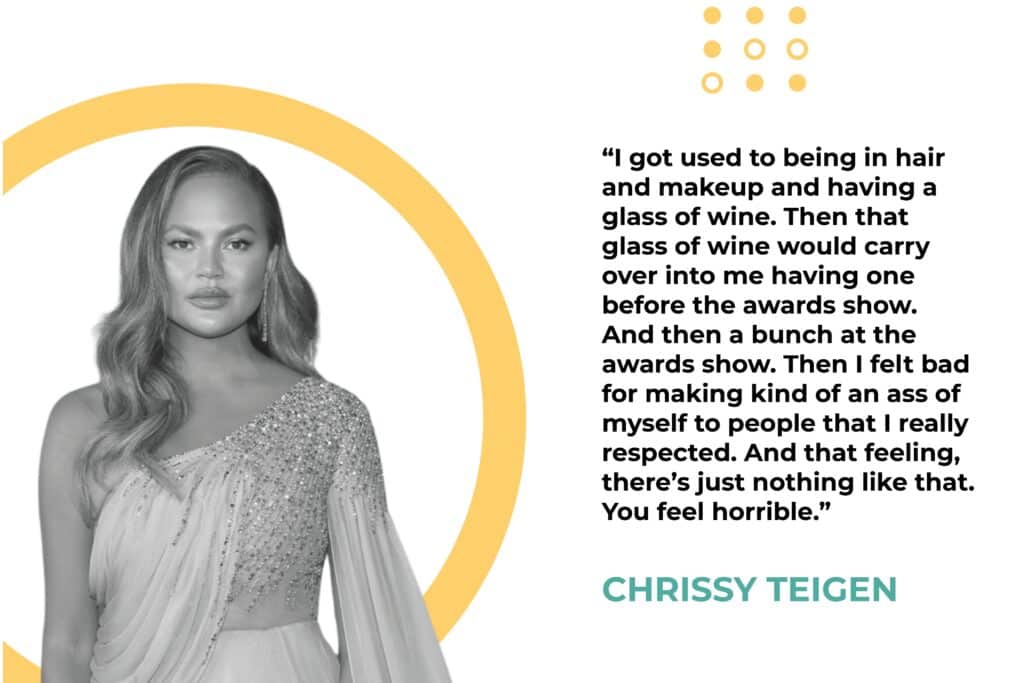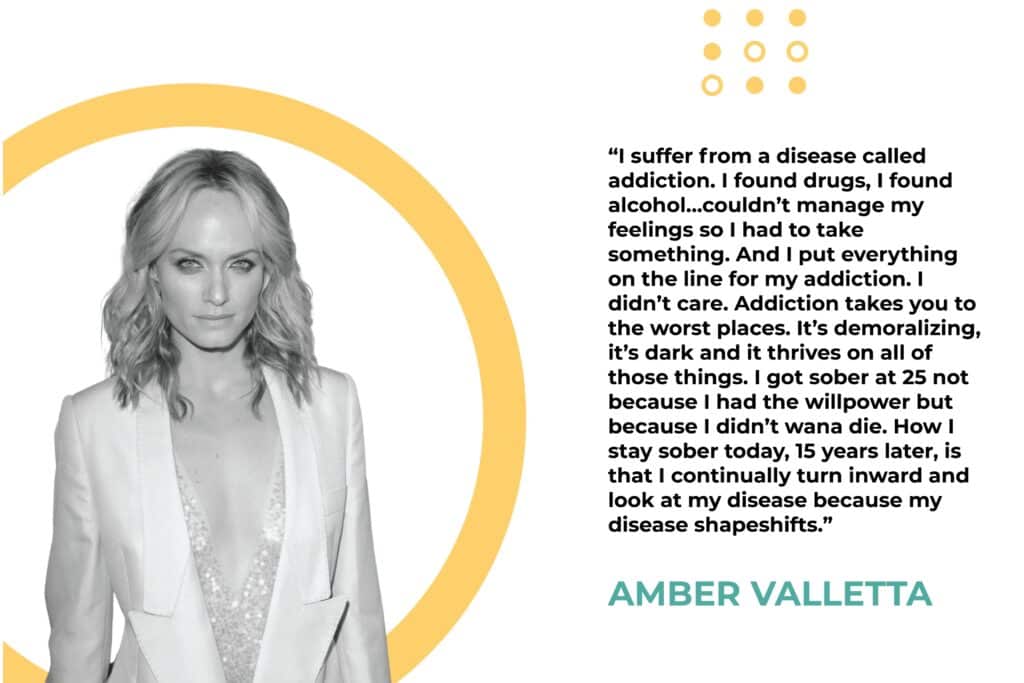Eating disorders are complicated! Trust us. We know first-hand how complex they can be. There are also many eating disorder types and they all present differently. Some cause a person to restrict their food and others cause them to binge. There are also eating disorders that manifest as counting calories, only eating organic and vegan foods, and even completely avoiding certain foods like carbs. Talking to someone who is struggling with or recovering from an eating disorder can be difficult if you aren’t sure what to say.
You might be afraid that something you say could offend or trigger them, and to be honest, that’s a valid concern. There are certain topics and statements you should avoid in order to have a healthy and helpful conversation with your loved one who is struggling.
But don’t worry! We’re here to help you avoid potential triggers so that you can support your loved one in a caring and judgement-free way. We also have an article with 10 ways to support someone with an eating disorder to help you out even more.
1. “You’re really thin” or “You’ve gained some weight”
Repeat after me… “I will not comment on someone’s weight, like ever.” While you should never comment on someone’s weight, it’s extra important to avoid the topic when someone’s struggling with an eating disorder. Those who restrict their food can gain some satisfaction from hearing others notice their weight loss.
People with binge-eating disorders will often gain weight and can feel a lot of shame associated with their new body. Hearing others notice these changes can be really hurtful and triggering for them.
So, be mindful when you talk to someone about how their body looks. Even though you might not understand their complicated relationship with food, comments like this can hurt that relationship even more.
2. “You don’t look fat to me. I think you look healthy!”
People with restrictive eating disorders often don’t see the word “healthy” as a positive thing. “Healthy,” in the ears of someone who restricts their food is a negative word and can scare them into restricting more because it’s often associated with weight gain.
Telling someone who restricts their food that you don’t think they look fat doesn’t mean anything to them. Most of the time, the only thing that matters to them is how they see themselves. They also might not be restricting just to lose weight. There might be other factors influencing their eating disorder that you might not be aware of. If you can avoid it, don’t comment on their weight at all.
3. “What you’re doing is hurting me.”
Your loved one is going through an emotionally painful time and their intent is likely not to hurt you. Centering the conversation around yourself and your emotions isn’t as effective as listening to what your loved one feels and needs.
Instead, make the conversation about them, how they feel, and what they’re going through. Because they’re going through A LOT! Mention how much you love and care for this person because, at the end of the day, that’s really the point you want to get across.
4. “Why don’t you just eat something?”
If only it were that simple! People with eating disorders WISH that they could just eat a banana or just eat a burger. They really do! But when a person has a restrictive eating disorder, food becomes the enemy. Mental blocks and barriers are created around food and they are extremely difficult to overcome.
While eating large and delicious meals might be something you look forward to, someone with an eating disorder will dread it. They can feel overwhelmed with the pressure of eating and even struggle to eat in front of others.
There is a lot of pain and emotions in the mind of a person with an eating disorder. Sadly, it’s never as simple as “just eating something.”
5. “Why can’t you just stop eating?”
Just like restrictive eating disorders, telling someone with a binge-eating disorder to stop eating isn’t as simple as it sounds. People with binge-eating disorders often feel a lack of control when it comes to food. There isn’t a simple way to stop. They often feel trapped and are going through intense emotional struggles. If they felt like they had the power to stop having an eating disorder, they would. Unfortunately, it is a complex mental health condition that takes a lot of time and effort to recover from.
6. “You either eat (/stop eating) OR…”
Ultimatums might seem like a good negotiation tactic, but unfortunately, they can do more harm than good.
A person with an eating disorder is already under enough pressure from themselves and they don’t need any extra stressors in their life. Sometimes people with eating disorders are triggered by stress or intense emotions, so avoid putting them into taxing situations that can cause them to further isolate themselves and be afraid to come forward when they are struggling.
7. “Wow, you look amazing! I wish I had your will power.”
Remember what we said at the beginning of this article? Don’t. Comment. On. Someone’s. Weight. Yes, even when it comes to “compliments.”
This can give them the validation that their restriction and dieting techniques are working, and statements like this encourage their eating disorder–and that’s the opposite of what we want to do.
8. “Isn’t that too many calories?”
People who have binge-eating disorders are often very aware of the amount of food they’re eating. There can be a lot of shame around eating, especially eating in front of people, so make sure that you keep comments like this to yourself because it takes a lot of courage to eat in front of others when you’re struggling with an eating disorder.
9. “You’re too fat to have an eating disorder.”
Anyone at any size can have an eating disorder. Medical professionals can sometimes dismiss a patient because they don’t think that the patient is thin enough to have one. But if someone is restricting their food, it doesn’t matter what size they are. They aren’t receiving the nutrients they need. Remember, weight is not an indication of a healthy relationship to food. Anyone can have an eating disorder.
10. “Should you be eating that?”
If a person with restrictive eating disorders is eating anything, and I mean ANYTHING, don’t comment on it. It takes a lot of courage and strength (think Hercules) to eat something, especially eating something in front of others. They also likely already have a list of “safe” and “fear” foods in their mind, and they might be branching out from that list and facing their fear foods.
Comments like this can trigger your loved one and their perfectionism. They can begin comparing themselves to others, go back to their old ways, and keep restricting if they aren’t given the kind of loving support that they need.
If they’re eating a type of food that you think is unhealthy, who cares? They’re eating something and that’s all that matters. And you know what? *climbs atop our digital soapbox* What someone eats, whether they have a history with an eating disorder or not, does not impact their value as a human being. Someone’s size and weight doesn’t mean that they are any less deserving of love and respect. Also, what someone eats has zero impact on you, your life, and your decisions. Let them eat whatever makes them happy and you can do the same.
If someone has a binge-eating disorder, they likely have shame and negative emotions when it comes to food. Hearing comments about the food they’re eating can bring them down even more and hurt like hell. So, instead of shaming them, show them empathy and kindness because they’re likely really struggling and could use a little (or a lot) of love.
Be Their Friend the Way They Need You to Be
It might feel like you’re walking on eggshells at first, but trust us, it gets easier! Just make sure that you ask your loved one how you can support them. Listen to what they have to say because it can be a really raw experience opening up to someone about something so painful. There’s a battle going on inside their mind and they’re on the side of both the villain and the hero! But always remind them that you love them, you’re going to be there for them, and that you’re so proud of them for tackling the eating disorder beast!




